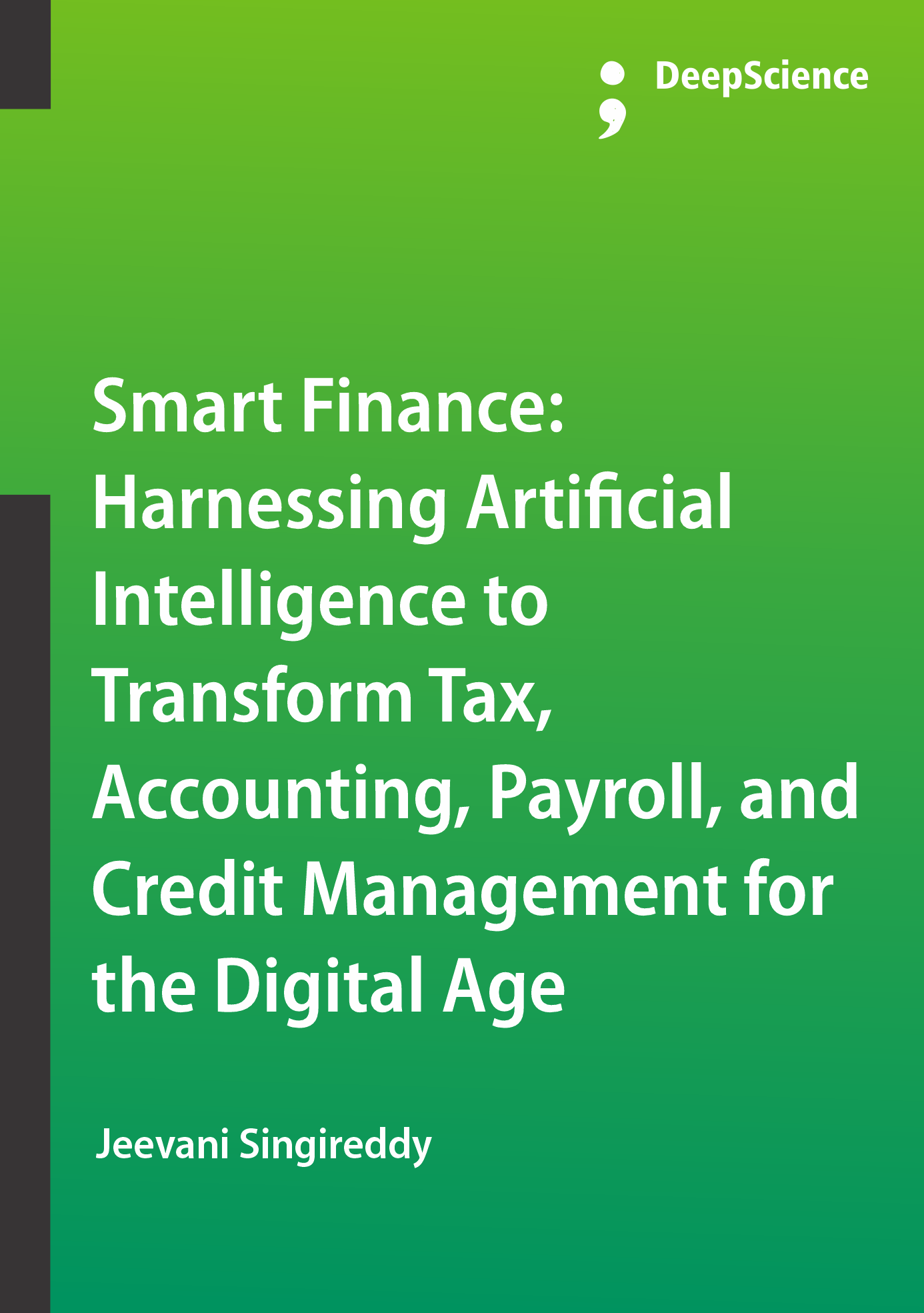Case studies in smart finance: Real-world applications of artificial intelligence across industries and enterprises
Synopsis
AI dramatically transforms finance through effective modelling of diverse financial data, scenarios and systems. With increasing complexity in business and finance, data sources and applications, financial modelling has broadened in scope from single-market modelling to multi-market modelling, from classical dependence modelling to deep modelling, and from local modelling to distributed modelling to combat challenges imposed by big finance and big data. A clear separation of macro/micro modelling in some recent literature is misleading. The relationship among different types of modelling is a grand challenge for both AI and finance.
Big finance follows big data in touching new frontiers of opportunities not well utilized. Various types of financial modelling help to capitalize on big opportunities in finance, economy and society via innovative practices across disciplines. Irrespective of data locality, a better understanding of AI-based modelling of deep/deep distributed finance on captured data offers clear insights into financial, economic and social phenomena. With explicit semantics, advanced analytics can help quantify and capture embedded properties. The power of robust AI-enhanced modelling also lies in social implications. Causal inferences can be made from deeper traces of finance, economy and society. Continuous surprises across finance, economy and society can be expected with style, exceptions, and proximity. AI-enhanced modelling of finance/economics/society can help economists govern the economy. Differences in asset pricing and market behaviours can be captured across markets, businesses, channels, sectors, or nations. By jointly modelling different data types of a financial entity, hidden pattern differences and multi-centric behaviours can be captured.
Thinking of commonly used exploratory data analysis should be re-evaluated given the emergence of big finance, big data, and new opportunities. AI methods have not benefited from the big data revolution in finance. Emerging opportunities provided by new management, behaviour, data can be explored, and corresponding advanced techniques can be developed. Conducting modelling research also requires consideration of business opportunities. Historical challenges may appear as new opportunities. Domain knowledge and data-driven analytics should be enhanced to capture business opportunities. Integrating advanced new and classical AI techniques can generate new horizons.













